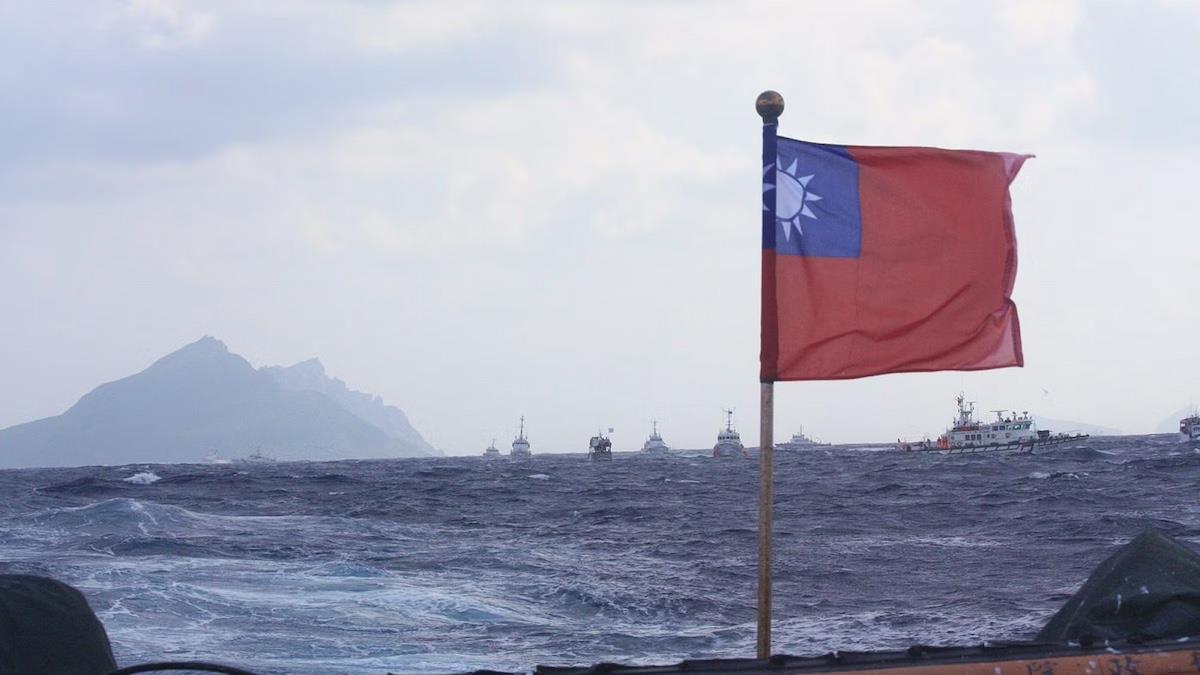
China's Exceptionalism Sparks Japan's Angst At Taiwan
It put China in a tough position. If China ignored it, it could be seen domestically as encouraging“Taiwan's drift.” If Beijing had reacted as it did, there would have been a big fuss. The response so far seems carefully designed to scare the Japanese and global public opinion without escalating out of control.
Taiwan is not a barren land in the middle of nowhere; it's strategic because of its location, its unique microchip industry and its appeal to overseas Chinese. When Beijing controls Taiwan, it cuts off South Korea and Japan-the two most industrialized nations in Asia-from the rest of the continent, and vice versa.
It would also increase China's grip on the South China Sea, putting the rest of the region on the defensive. A return to China would strengthen Beijing's power.
The underlying question behind Takaichi's statement and Beijing's response is: will Asia - and eventually the world - accept China's rise as a significant regional and global power? If so, then China can peacefully pursue“the reunification” with Taiwan by any means. If not, then Taiwan's reunification poses a threat.
China loves talking about America, but its biggest problems are in Asia. China might think that without US support, Japan and the rest of Asia would surrender to China. It could also be the other way around: without Asian urging, the US might be less firm with China. Beijing seems unable to break this“vicious circle”, which only gets tighter over time.
A key issue is that China is overly anxious about its own security and quite cavalier about other countries' security concerns.
If China scales back its ambitions toward Taiwan, the island might shift politically, and Beijing's influence over the South China Sea could weaken. In that case, China would be surrounded by difficult neighbors, with Russia and Central Asia as well.
Problems arise whether China advances or retreats. Still, the US sought a practical compromise. In the early 2000s, the Bush administration, with its“responsible stakeholder” concept, and the Obama administration in 2009, with its proposal to reduce polluting emissions, offered China significant opportunities for growth and international integration and settlement.

Legal Disclaimer:
MENAFN provides the
information “as is” without warranty of any kind. We do not accept
any responsibility or liability for the accuracy, content, images,
videos, licenses, completeness, legality, or reliability of the information
contained in this article. If you have any complaints or copyright
issues related to this article, kindly contact the provider above.






















Comments
No comment